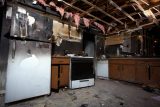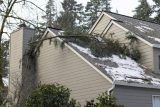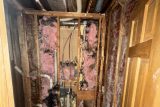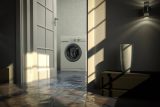Fire Prevention Week: Safety Tips
Homeowners
6 months ago
The National Fire Protection Association (NFPA) has dedicated October 6 – 12, 2024 to fire prevention education. National Fire Prevention Week is a great reminder to check your home’s fire safety measures and ensure you and your family are as safe as possible.
It’s also a time when children in local schools are typically learning about how to have a safety plan and what to do in a fire-related emergency. Local fire departments connect with the public to raise awareness and provide community training.
A fire can be one of the most devastating ways your home sustains damage. Whether it’s a small kitchen-related fire that was quickly extinguished or a larger fire that seriously damaged your home, Lake City Restoration is here to help.
Our expert restoration team can even help walk you through the process and work directly with your homeowner’s insurance company to make restoring your home as stress-free as possible.
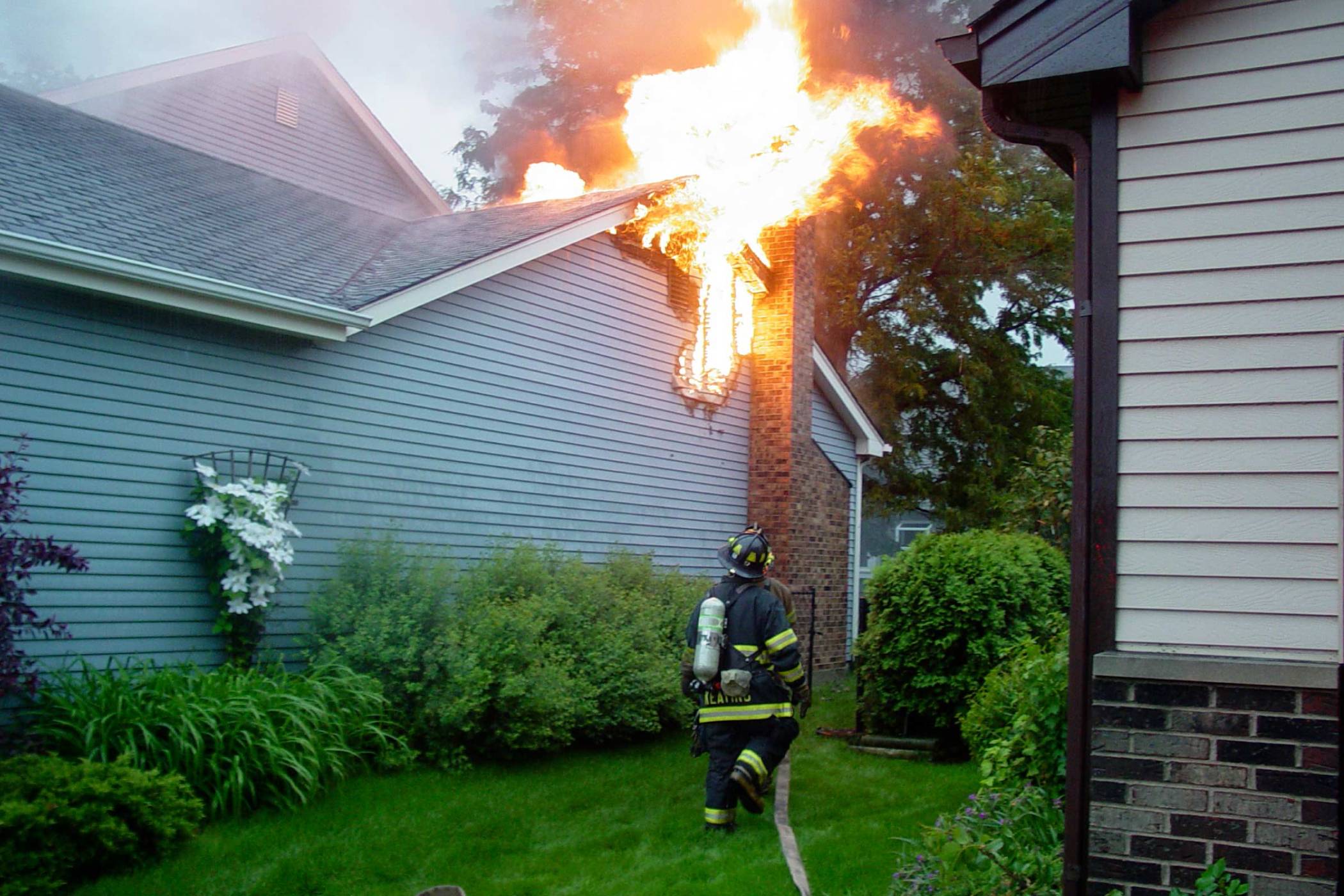
Maximize the Effectiveness of Smoke Alarms
Each year, the NFPA announces a theme for Fire Prevention Week, and 2024’s theme is about making smoke alarms work for you. Smoke alarms are crucial because they provide early warning of a fire, giving you valuable time to escape and potentially saving lives and property.
Install Smoke Alarms in Key Areas
To provide the most comprehensive coverage, smoke alarms should be installed in every bedroom, outside each sleeping area, and on every level of your home, including the basement. Fires can start in unexpected areas, and placing alarms strategically ensures you’re alerted no matter where you are.
Don’t forget to place alarms near kitchens and garages, where fires often start, but keep them far enough from cooking appliances to avoid false alarms.
Regularly Test Alarms
A smoke alarm is only effective if it’s in proper working order. To make sure your smoke alarms are functioning as they should, test them at least once a month by pressing the test button. This quick check ensures the batteries and sensors are working.
Additionally, even if your alarms are hard-wired, change the batteries at least once a year to avoid unexpected failures. Set reminders or link the task to a significant date, like daylight saving time changes, to make it easier to remember.
Keep Alarms Clean and Unobstructed
Over time, dust, dirt, and even insects can accumulate in your smoke alarms and reduce their effectiveness. Regularly clean your smoke alarms by gently vacuuming the unit or wiping it with a soft, dry cloth to remove any buildup.
Make sure the area around the alarm is free from obstructions like furniture, drapes, or decorations that might block the alarm from detecting smoke.
Choose the Right Type of Alarm
Not all fires are the same, and different types of smoke alarms are designed to detect different types of fires. Ionization alarms are more responsive to fast, flaming fires, while photoelectric alarms are better at detecting slow, smoldering fires.
To ensure maximum protection, it’s recommended to install both types or use dual-sensor smoke alarms that combine both technologies. This way, you’re covered for any type of fire that might occur, whether it starts with a smoldering couch or a fast-burning electrical short.
Replace Old Alarms
Smoke alarms have a limited lifespan, and even if they appear to be working, their sensors degrade over time. Most alarms should be replaced every 10 years to ensure they meet current safety standards and operate at peak efficiency.
Check the back of your alarm for the manufacturing date and replace any that are over a decade old. Staying up-to-date with your alarms ensures that your home is protected by the latest technology, which is crucial for fast detection and response during a fire.
After A Fire: We’re Here To Help
If you’ve had a fire in your home, we’re here to help. Fire damage and smoke damage can affect areas of your home that weren’t directly on fire, and it’s important to ensure your home is restored safely.
Our team of experts will walk you through the fire damage restoration process step-by-step so you can relax knowing your home is in the hands of professionals.
Our services include fire damage restoration, mold restoration, water damage cleanup, storm damage repair, and other necessary restoration services.
Originally published in October 2023, this blog post has been updated with the latest information and fire safety tips.

